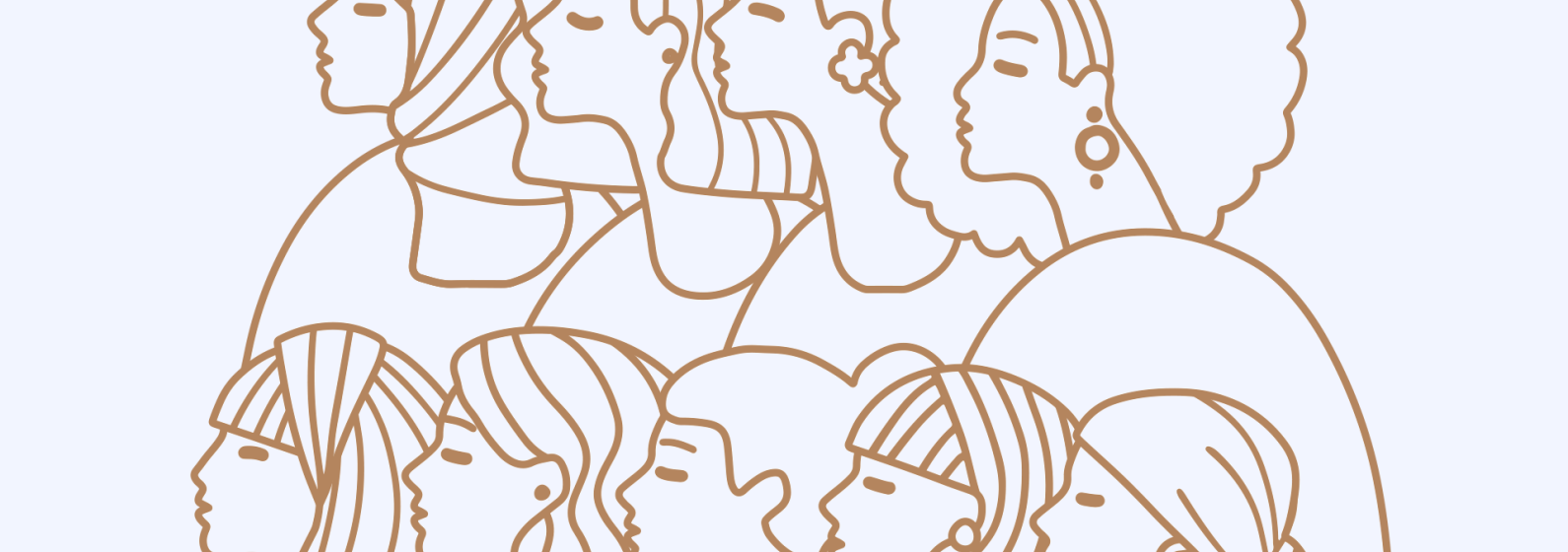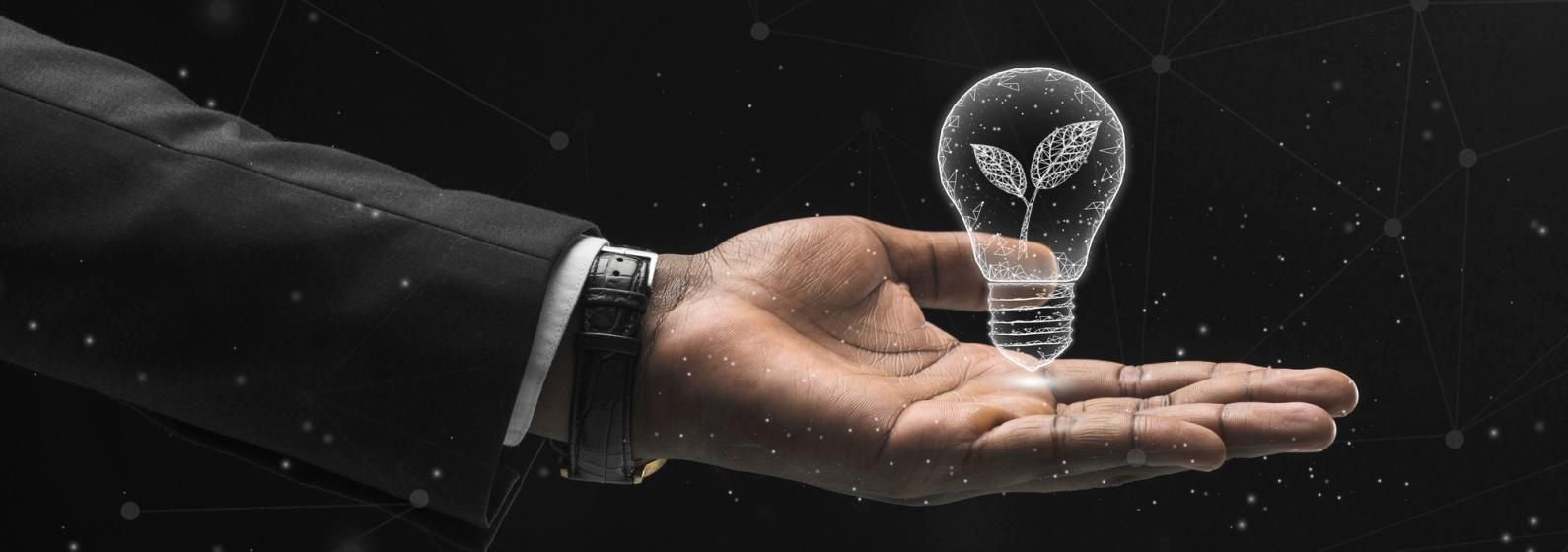The “new normal” is a term coined by macroeconomists over 10 years to evaluate the conditions of functioning of economies after the currency crisis of the time. At present, the term is highly overused (just like a range of other terms, e.g. start-up). It has recently been used to assess the current socio-economic situation and outline the vision of economic processes occurring during and after the coronavirus pandemic. The “new normal” can be analysed in at least two dimensions: description of a situation and future consequences.
In the first dimension, the phenomenon of the new normal is expressed in the significant changeability of socio-economic processes (together with the acceleration of development and adaptation processes), ever-progressing digitalisation (reflected in remote work, e-schooling, e-learning, e-commerce, telemedicine – electronic consultation), an increased significance of digital channels of communication, the growing interference and control on the part of the state, changing social sentiment regarding many matters.
The other dimension involves the emergence of a range of consequences, both positive and negative. The former are about, naturally, the acceleration of the abovementioned development and adaptation processes. But there are also many consequences that can be considered negative. The most important of them are: the growing polarisation of public opinion and the exacerbation of social conflicts; offloading the costs of running organisations, public institutions, and businesses onto customers, clients, and users (e.g. more duties imposed on parents in the process of e-schooling, longer waiting times to have one’s case handled in a town/city hall, price increases motivated by a “COVID surcharge”); using the pandemic as an excuse to justify reduced performance or even doing one’s job. As for the processes of consumption and market operations, the “new normal” is manifested in limited consumption, the promotion of the philosophy of moderation, an increasingly narrow specialisation in business, a trend to limit the risk of running a business at the cost of consumers, and the appearance of harbingers of changes in the distribution of products and services (e-commerce versus brick-and-mortar shopping centres). The phenomenon of growing expectations among consumers and, at the same time, of paradoxically lowered requirements among customers of public institutions (temporarily) is also present.
The “new normal” should actually be treated as abnormal, unusual.
This means denying the regular, the natural, the established order, departing from the adopted rules, customs, and principles. But this is exactly the essence of development processes. And the subsequent stages of this so-called new normal should be considered such processes. Coming back to the legitimacy of using the term “new normal”, we can acknowledge, with some dose of spite, that it is used to draw the attention of the public to different sorts of phenomena by wrapping them in a certain buzzword (think of a brand trying to thrust a product in flashy packaging on the customer).
The text is part of the publication "The New Normal. Reality in the times of the global Covid-19 pandemic. A commentary by the faculty of Kozminski University".







